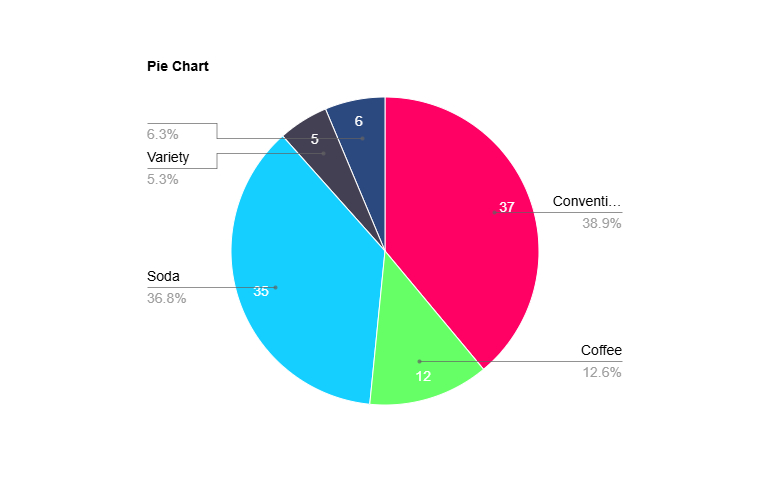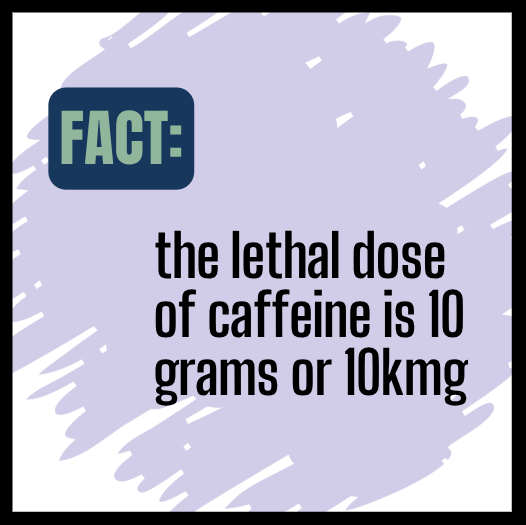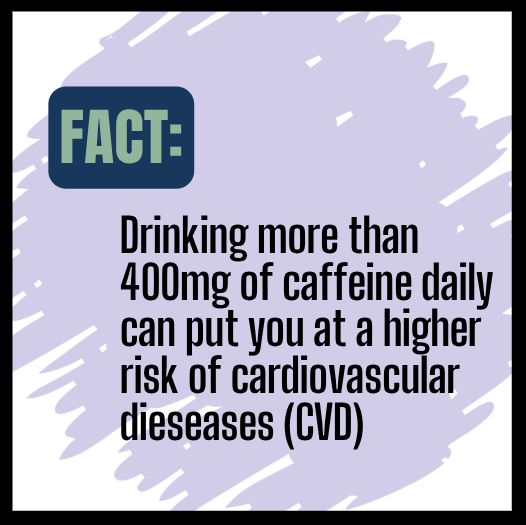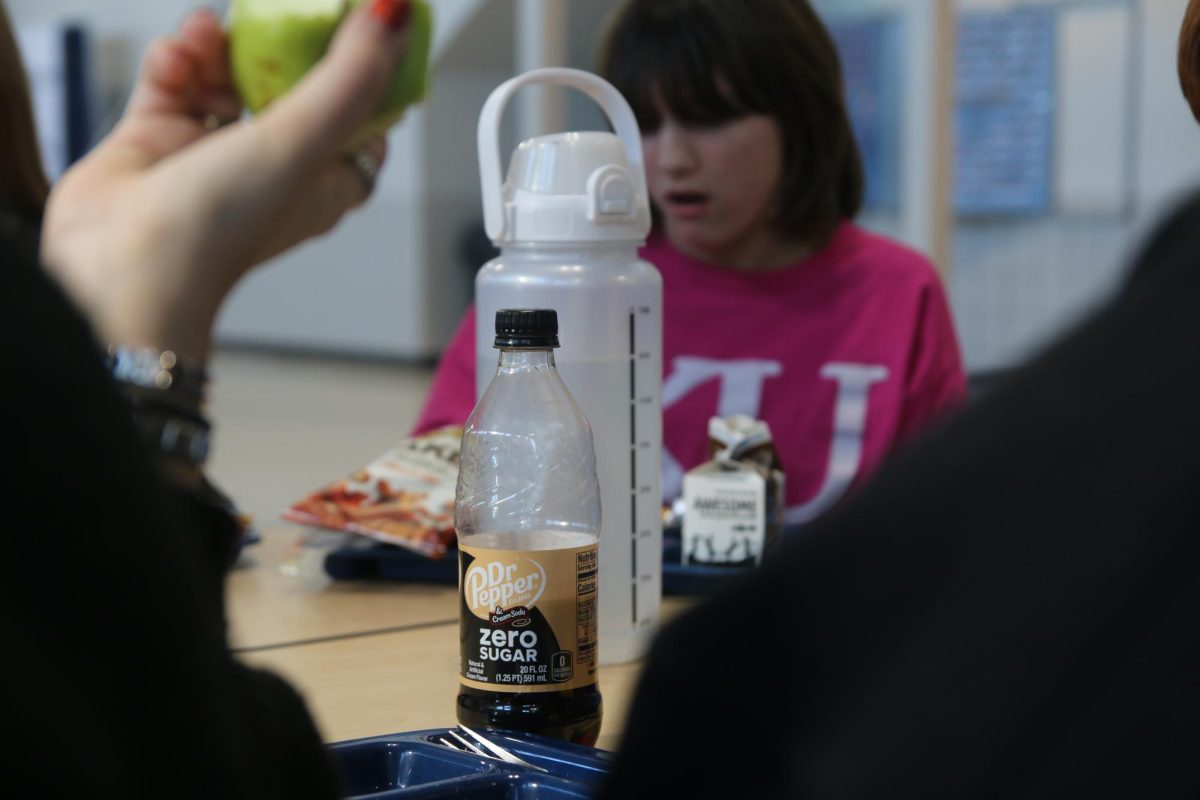“…Definitely, it seems more popular that a student will come in with some sort of caffeinated drink … I’ve noticed an uptick in the last couple of years with those.” – Zack Murry, Head Principal of Chanute High School.
Teachers are known for always needing an extra bit of caffeine to get through the day, but Chanute High School has been experiencing a notable increase in the number of students consuming caffeinated beverages. What could this mean for the mental and physical health of Blue Comets?
“So I can’t say that I’ve noticed a big difference with adults, but definitely with younger people.” – Principal Murry.
To answer this concern, information was collected on what caffeinated beverages the students drink. In a survey sent out to the student populace which garnered ~130 responses, 37% of students said they regularly consumed a conventional energy drink, ~12% preferred coffee, ~35.4% drank soda, ~6% regularly consume a variety of caffeinated drinks, and ~1% responded saying they purchased a caffeinated tea from a drink shop in town. That adds up to ~91% of comets consuming caffeinated drinks compared to ~6% of students who said they don’t use caffeine regularly or at all. In the majority of CHS students who regularly consume some form of caffeine, ~41% seem to prefer a standard energy drink. 
Although a high amount of regular caffeine consumption could reasonably be assumed to cause some unruliness or other adverse effects around the school, CHS administration does not seem to believe it has much of an effect one way or the other.
“… The kiddos who have more trouble focusing or are a little more rowdy in class [you] could potentially, if they had caffeine, say there’s a negative effect … on the other hand, some people need it to wake up, so they either come in dragging [themselves] to school and get [caffeine], and they’re ready to learn … I don’t know that I could speak to the good or the bad. I can’t say I’ve ever had a kid get in trouble for caffeine” – Principal Murry
Although caffeine itself doesn’t represent much of an issue or benefit, the high energy drink consumption versus the, comparably, low coffee consumption could present an issue in regards to students’ mental and physical health. 
One study conducted by the National Library of Medicine, National Center for Biotechnology information, concluded that students who regularly consume energy drinks are more likely to have irregularities with sleep, mental health issues, and engage in more ‘higher risk’ behaviors such as alcohol and substance usage compared to people who don’t use energy drinks regularly or at all. However, that study also concluded that, while regular coffee consumers do experience a similar difference in behavior compared to non-regular coffee drinkers, the difference is not quite as extreme as with energy drinks. The study concludes there is a correlation between caffeine consumption and changes in your mental and physical wellbeing.
A student who has experienced alterations in their sleep schedule, as is often a side effect of regular caffeine consumption, could not only show poor grades and behavior, but also become emotionally unstable with the lack of rest. Additionally, an unaware student may feel they need to consume more caffeine to correct their sleeping patterns.
Although caffeine seems to be a relatively harmless energy boost, caffeine can still have harmful side effects, especially when consumed frequently or in large amounts. Even with the possible harmful side effects, caffeinated beverages can still be beneficial. Caffeine can be beneficial, but remember that it can harm you. Know what you are putting into your body and how it works.


